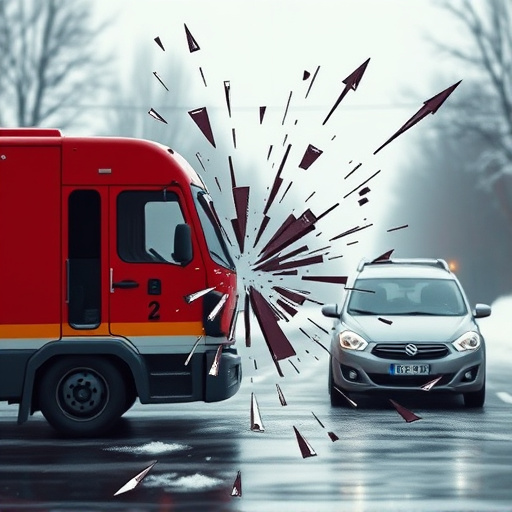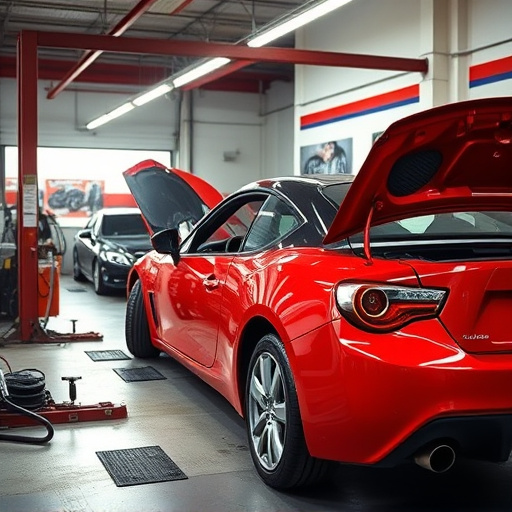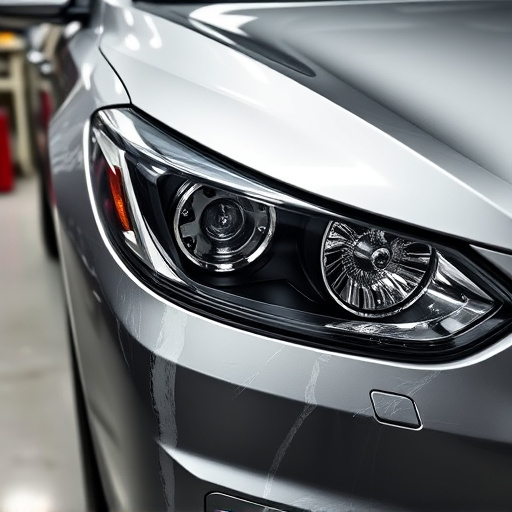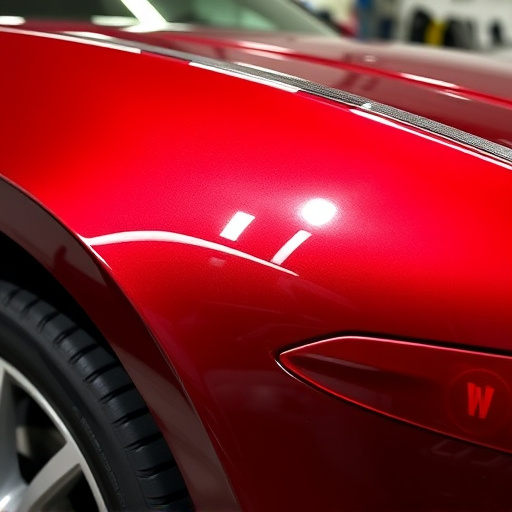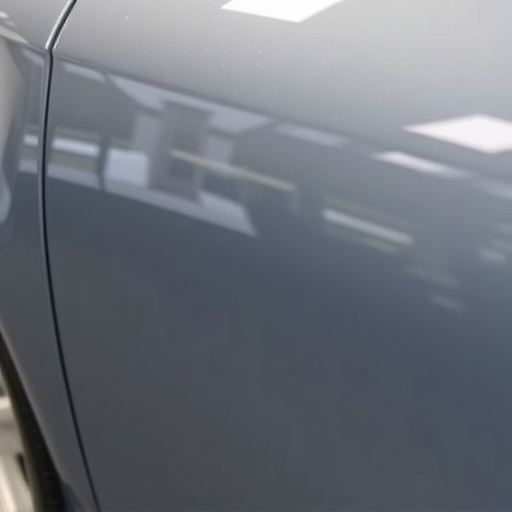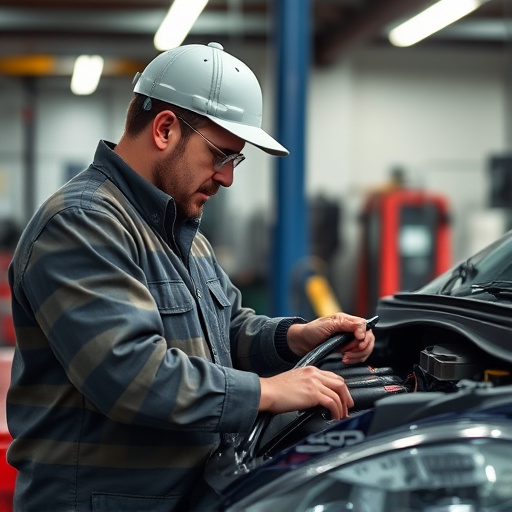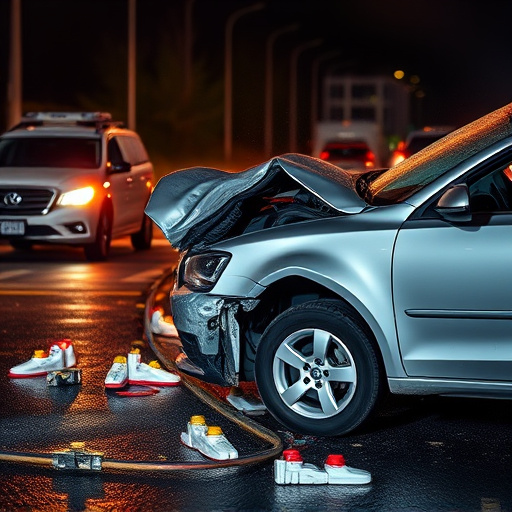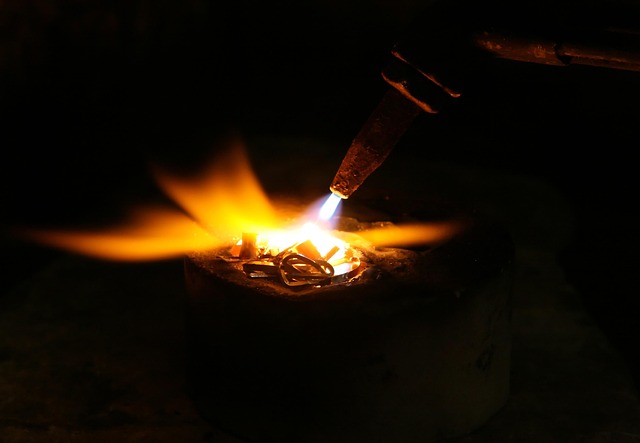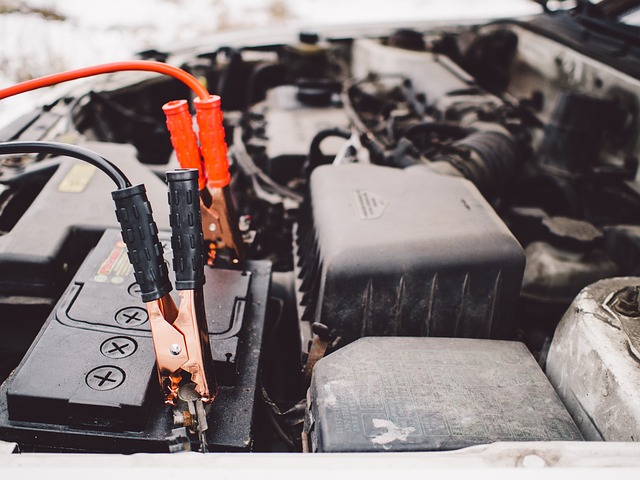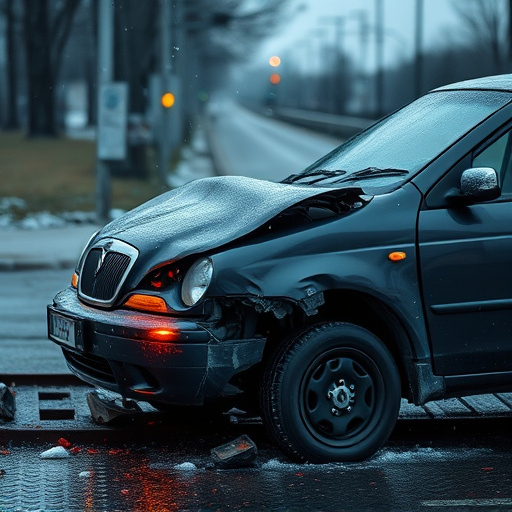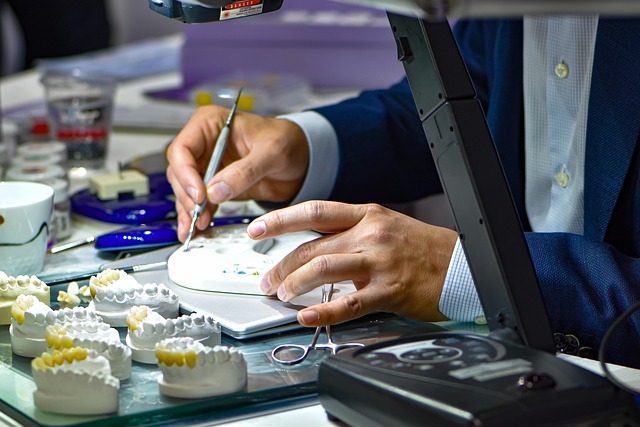When facing car damage, repairing vs replacing involves balancing cost, severity, and part age. Minor repairs like dent removal extend life but may signal past issues. Severe damage or high labor costs often require replacement for safety and performance. Evaluating damage, part availability, and personal preference aids informed repair vs replace decisions tailored to vehicle needs.
Making the call between repairing or replacing your car can be a tricky balance. This comprehensive guide aims to equip you with the knowledge to navigate this decision, considering both financial and practical aspects. We’ll explore the basics of auto repair and replacement, delve into influencing factors, and provide strategic insights for making informed choices. Whether you’re facing unexpected repairs or simply planning ahead, understanding repair vs replace decisions is key to keeping your vehicle running smoothly and saving you money in the long run.
- Understanding Repair vs Replace: The Basics
- Factors Influencing Your Decision: Weighing Options
- Practical Strategies for Making Informed Choices
Understanding Repair vs Replace: The Basics
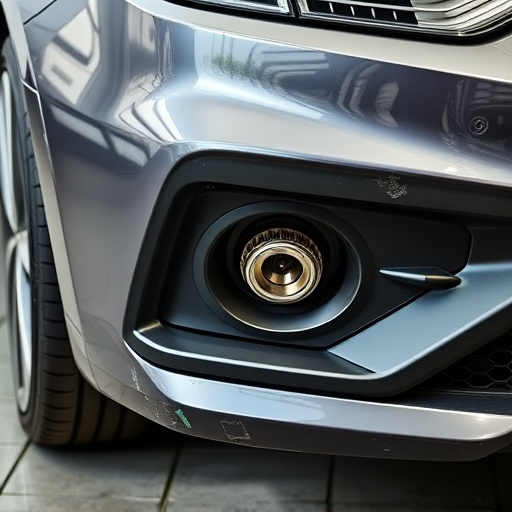
When faced with a damaged car, one of the initial dilemmas owners often grapple with is whether to repair or replace. This decision largely depends on several factors such as the extent of damage, cost implications, and personal preference. Repairing involves fixing or restoring a car to its original condition, while replacing entails completely overhauling or swapping out faulty parts. For instance, a minor car dent repair can restore a vehicle’s aesthetic appeal without breaking the bank, making it a more economical choice. On the other hand, significant issues like engine failures or severe structural damage might necessitate replacement, as repairs could be costly and leave residual concerns about safety and performance.
Car paint services are another area where this dilemma arises frequently. While minor scratches or chips can often be addressed through car dent repair techniques, extensive paint damage or fading may require a full repaint. Balancing the costs of these services with potential resale value is crucial in making informed decisions. Remember, repairing might extend the life of your vehicle but could signal previous issues to prospective buyers, whereas replacement parts can enhance a car’s appeal and performance, albeit at a higher upfront cost.
Factors Influencing Your Decision: Weighing Options
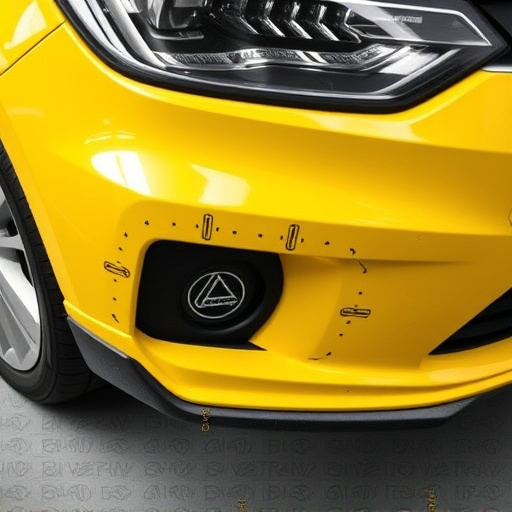
When faced with the question of repair vs replace for your car, several factors come into play. It’s not merely a cost consideration but also involves assessing the age and condition of your vehicle, as well as your personal attachment to it. A reliable car that’s been well-maintained might be worth fixing, especially if the repairs are relatively minor. However, extensive or complex issues may signal that replacing is the better choice, considering both financial and safety aspects.
The decision also hinges on accessibility and availability of parts. For specialized components like those required for frame straightening in a body shop service, getting them promptly can be crucial. Moreover, labor costs play a significant role; sometimes, repairing might prove more expensive than buying a new or slightly used car, especially if the vehicle has reached an advanced age. Weighing these factors thoughtfully helps in making informed decisions about whether to repair or replace your automobile.
Practical Strategies for Making Informed Choices
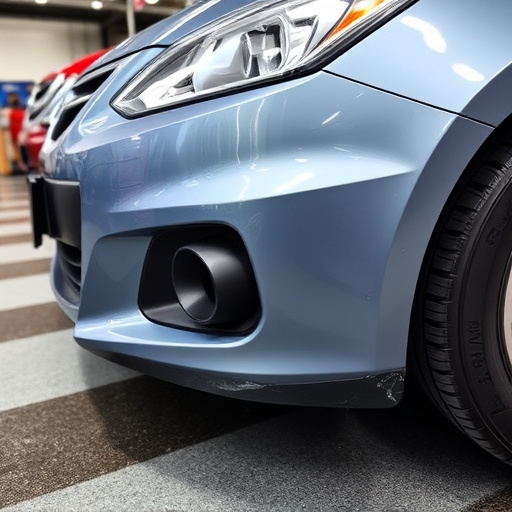
Making informed decisions between repairing or replacing your car’s components is a crucial aspect of automotive ownership. It involves considering both short-term costs and long-term benefits. A practical strategy is to start by assessing the severity of the damage and the age of the part in question. For instance, a minor fender bender might only require a bumper repair, which can be more cost-effective than replacing an entire body panel. Similarly, regular tire services can extend their lifespan, saving you from a full replacement.
When deciding between repair and replace, consider the availability of quality auto repair services in your area that specialize in specific components. Some parts, like engines or transmissions, often warrant replacement due to their complexity and the potential for future issues. However, simpler repairs, such as replacing a broken headlight or repairing a cracked windshield, can significantly extend the life of your vehicle. This approach not only saves you money but also reduces waste by avoiding unnecessary part replacements.
When faced with the dilemma of repairing or replacing your car, a thorough understanding of these concepts and their associated factors is key. By considering practical strategies and weighing the influences that matter most—both financial and functional—you can make an informed decision tailored to your unique situation. Remember, whether it’s a simple fix or a complete overhaul, knowing when to repair and when to replace is the ultimate game-changer for any vehicle owner.
